Gastroenterology Medicines & Products: Types, Benefits, Side Effects, Precautions And More
Dec 26, 2024
Gastroenterology is a branch of medicine that focuses on the digestive system and its disorders. With the prevalence of gastrointestinal (GI) issues ranging from common indigestion to chronic diseases like Crohn's disease or irritable bowel syndrome (IBS), gastroenterology medicines and products play a pivotal role in improving patients' quality of life. In this blog, we will explore the various types of gastroenterology medicines, their benefits, potential side effects, precautions, and other essential details.
Types of Gastroenterology Medicines & Products
-
Antacids
-
Uses: Neutralize stomach acid to provide relief from heartburn and indigestion.
-
Examples: Aluminum hydroxide, magnesium hydroxide, calcium carbonate.
-
-
Proton Pump Inhibitors (PPIs)
-
Uses: Reduce the production of stomach acid, effective in treating GERD and peptic ulcers.
-
Examples: Omeprazole, esomeprazole, pantoprazole.
-
-
H2 Receptor Blockers
-
Uses: Decrease acid production and treat ulcers or reflux.
-
Examples: Ranitidine, famotidine, cimetidine.
-
-
Laxatives
-
Uses: Aid in relieving constipation by softening stools or stimulating bowel movements.
-
Examples: Bisacodyl, lactulose, psyllium husk.
-
-
Antidiarrheal Medicines
-
Uses: Control diarrhea by slowing intestinal movement.
-
Examples: Loperamide, bismuth subsalicylate.
-
-
Anti-inflammatory Drugs
-
Uses: Treat inflammatory bowel diseases like Crohn's disease and ulcerative colitis.
-
Examples: Mesalamine, sulfasalazine.
-
-
Prokinetics
-
Uses: Enhance gut motility and treat conditions like gastroparesis.
-
Examples: Metoclopramide, domperidone.
-
-
Probiotics
-
Uses: Restore healthy gut flora and improve digestion.
-
Examples: Lactobacillus, Bifidobacterium.
-
Benefits of Gastroenterology Products
-
Symptom Relief: Effective in alleviating common symptoms such as bloating, abdominal pain, and heartburn.
-
Disease Management: Helps control chronic conditions like IBS, GERD, and Crohn’s disease.
-
Improved Quality of Life: Reduces discomfort and promotes better digestion, leading to enhanced well-being.
-
Preventive Care: Minimizes the risk of complications such as ulcers, bleeding, or severe inflammation.
-
Restoration of Gut Health: Products like probiotics restore the balance of good bacteria in the gut.
Side Effects of Gastroenterology Medicines
While digestive care medicines provide significant benefits, they may also lead to side effects, including:
-
Antacids: Diarrhea, constipation, or kidney problems with prolonged use.
-
PPIs: Long-term use can lead to nutrient deficiencies, kidney disease, or bone fractures.
-
H2 Blockers: Headaches, dizziness, or diarrhea.
-
Laxatives: Cramping, bloating, or dependency if overused.
-
Antidiarrheals: Constipation or abdominal discomfort.
-
Anti-inflammatory Drugs: Nausea, rash, or liver issues.
-
Prokinetics: Fatigue, restlessness, or neurological effects.
-
Probiotics: Rarely cause gas or bloating in sensitive individuals.
Precautions to Take for Gastro Medicines
-
Consult a Healthcare Provider: Always seek professional advice before starting any medication.
-
Follow Dosage Instructions: Overuse or misuse can lead to adverse effects.
-
Monitor for Allergies: Discontinue use and consult a doctor if allergic reactions occur.
-
Avoid Self-Medication: Certain conditions require precise treatment plans.
-
Lifestyle Modifications: Combine medicines with a healthy diet and regular exercise for better outcomes.
-
Inform About Other Medications: Some gastroenterology drugs may interact with other medicines.
-
Pregnancy and Breastfeeding: Consult your doctor for safe options during these periods.
Key Considerations of Gastro Products
-
Personalized Treatment: Gastrointestinal disorders vary significantly from person to person. A tailored approach ensures the best results.
-
Regular Monitoring: Chronic conditions like IBS or Crohn's disease require routine check-ups to assess progress.
-
Stay Informed: Understanding your medication, its benefits, and potential risks empowers you to manage your health effectively.
Conclusion
Gastroenterology medicines and products are indispensable tools for managing digestive health. Whether addressing temporary discomfort or chronic conditions, these treatments offer relief, restore balance, and enhance quality of life. By being informed about their uses, benefits, side effects, and necessary precautions, patients can make confident decisions about their health care. Always work closely with your healthcare provider to ensure safe and effective treatment tailored to your needs.
Looking to buy gastroenterology medicines online? Get high-quality digestive care medicines and products delivered to your door with ease. Steris Pharma online store offers a wide range of trusted gastro products, ensuring you find the right solution for your needs. Shop now for convenient, safe, and reliable delivery.
Steris Pharma has a wide range of pharma products categorized in Asthma, Cardiology, Dental, Dermatological, Diabetic, Endocrinology, Gastroenterology, General, Gynaecology, Hepatology, Immunology, Nephrology, Neurology, Oncology, Opthalmology, Orthopedics, Pediatrics, Respiratory, Rheumatology, Surgical and Urology.
Steris deals in all 17 super specialty segments covering all major ailments with more than 750 products in the portfolio and adding more & more for future mutual business growth. Hope to serve you in better manners with assured quality of pharma products.
Recent Post

On Krishna Janmashtami - Celebrating Divine Protection and Human Healing with Steris Healthcare

Why Soaked Almonds Should Be a Daily Ritual: Nutrition, Benefits & Uses
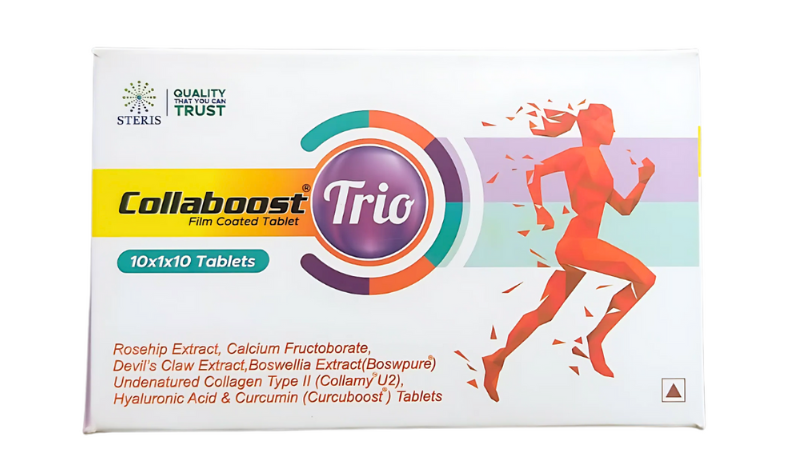
Calcium Fructoborate & Rosehip Extract Devil's Claw Extract Boswellia Serrata Tablets.
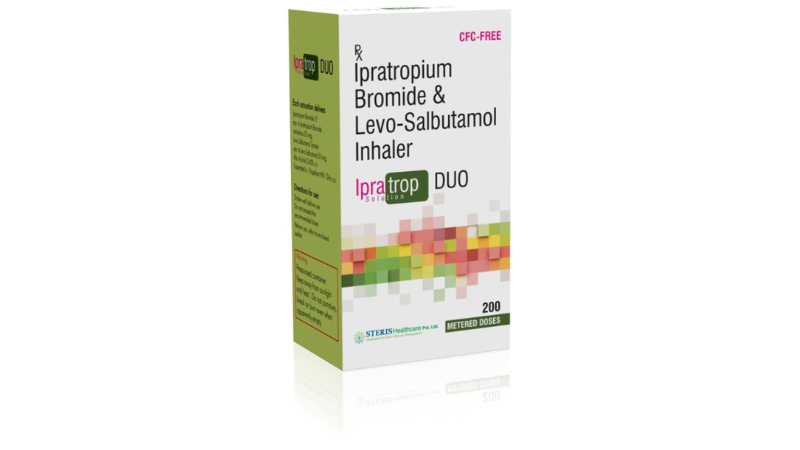
Ipratropium Bromide and Levosalbutamol Respirator Solution Uses, Dosage, Side Effects & Benefits

Etophylline, Theophylline and Salbutamol In SLO THEO ES TABLETS.

Amisulpride Tablet Uses in Hindi – AMIPULSIDE 100 के उपयोग, फायदे और सावधानियां

Sultamicillin Tablets 375 mg – Uses, Dosage, Side Effects & Price
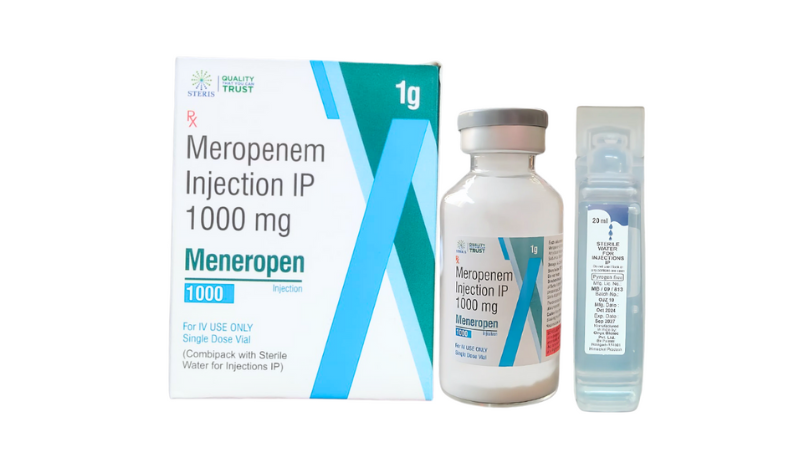
Meropenem Injection Uses: Complete Guide to MENEROPEN 1 GM IV
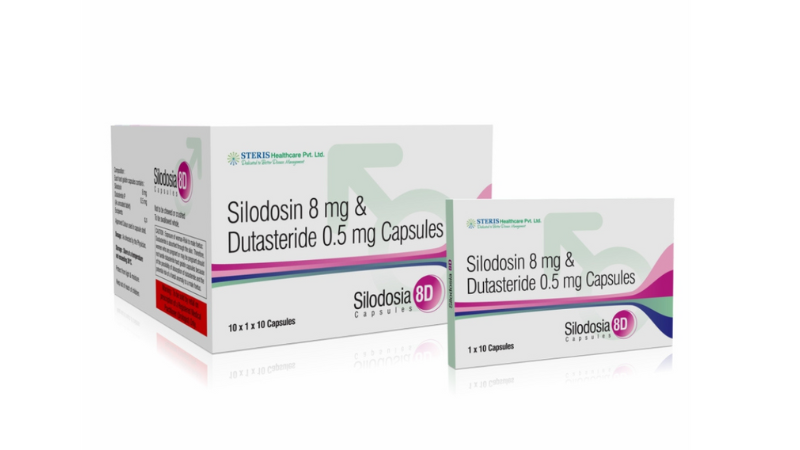
Silodosin & Dutasteride Capsule: Uses, Benefits, Dosage, Price, Side Effects.
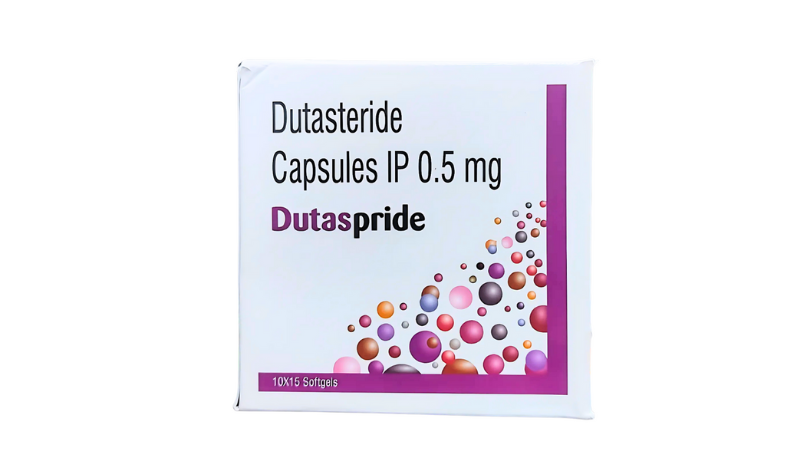
Dutasteride 0.5 mg Capsule: View Uses, Benefits, Dosage, Side Effects.

